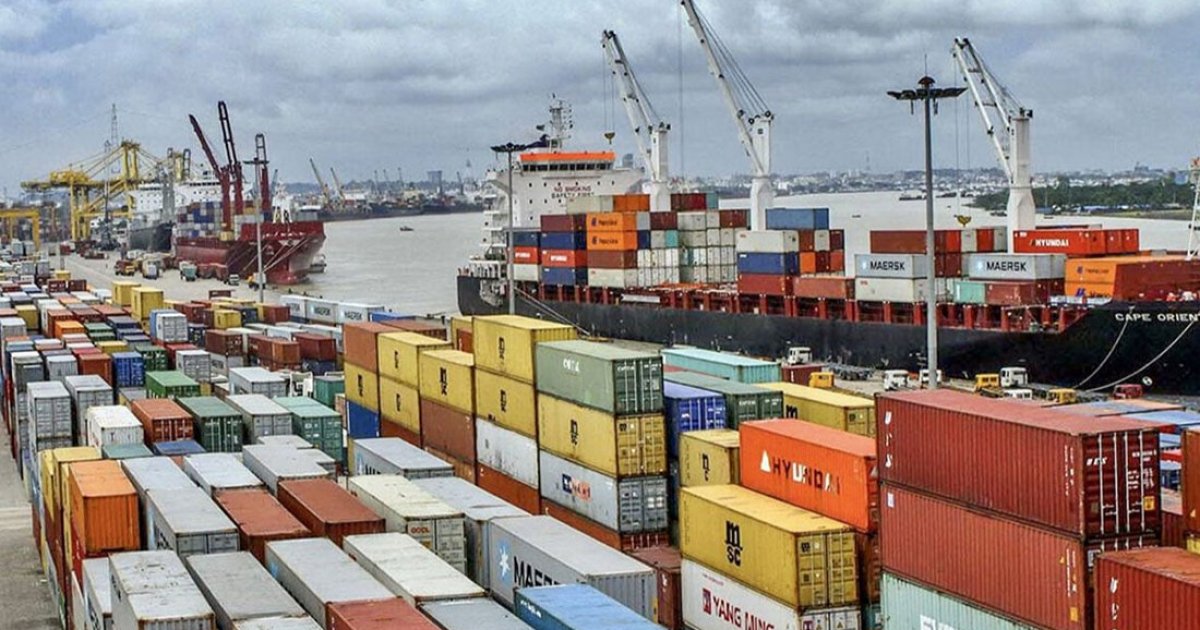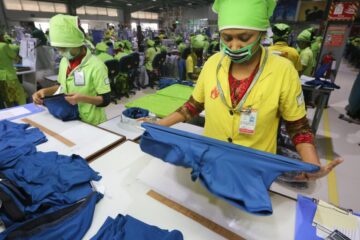The Chittagong Port Authority (CPA) has signed a 30-year concession agreement with APM Terminals BV, a wholly-owned subsidiary of Denmark’s AP Møller, Maersk Group, to design, finance, build and operate the new Laldia Container Terminal (LCT) under a public-private partnership (PPP) framework.
The agreement includes potential extensions tied to performance indicators. Under the deal, CPA will retain ownership of the port, while Maersk and a local joint venture partner will manage construction, operations, and terminal management. Officials say this arrangement will significantly reduce the government’s capital expenditure burden.
APM Terminals, one of the world’s leading port operators with over 60 terminals in 33 countries, brings extensive experience from East and South Asia, including China, Singapore, Sri Lanka, Vietnam, and Malaysia. The Laldia project is expected to introduce world-class technology, global operational standards, and greener port infrastructure, preparing Bangladesh’s logistics sector for the post-LDC era.
Key highlights of the project
- Foreign Direct Investment (FDI): The project is expected to attract around USD 550 million, marking the largest European equity investment in Bangladesh to date. Officials said Maersk’s entry is likely to encourage other international investors in logistics, manufacturing, and related sectors.
- Expanded Capacity: The terminal will add over 800,000 TEUs per year, a 44% increase over current capacity, and is expected to be operational by 2030, helping ease congestion at existing Chattogram terminals.
- Revenue Generation: Higher throughput will boost CPA’s earnings through revenue-sharing per TEU, taxes, and additional marine services.
- Job Creation: Construction and operations are expected to generate 500–700 direct jobs and thousands of indirect jobs in trucking, warehousing, freight forwarding, and SMEs.
- Technology Transfer & Workforce Training: Maersk will deploy advanced terminal-operating systems and train local engineers, technicians, and managers, building a skilled talent pool for Bangladesh’s logistics sector.
- Efficiency & Trade Benefits: Faster vessel turnaround and improved container handling will reduce logistics costs, benefiting exporters in garments, agro-processing, and light engineering sectors.
- Sustainability: Energy-efficient equipment and climate-resilient infrastructure will align with Bangladesh’s Paris Agreement commitments, supporting green and climate-smart investment.
- Hinterland Development: Increased throughput is expected to attract private



